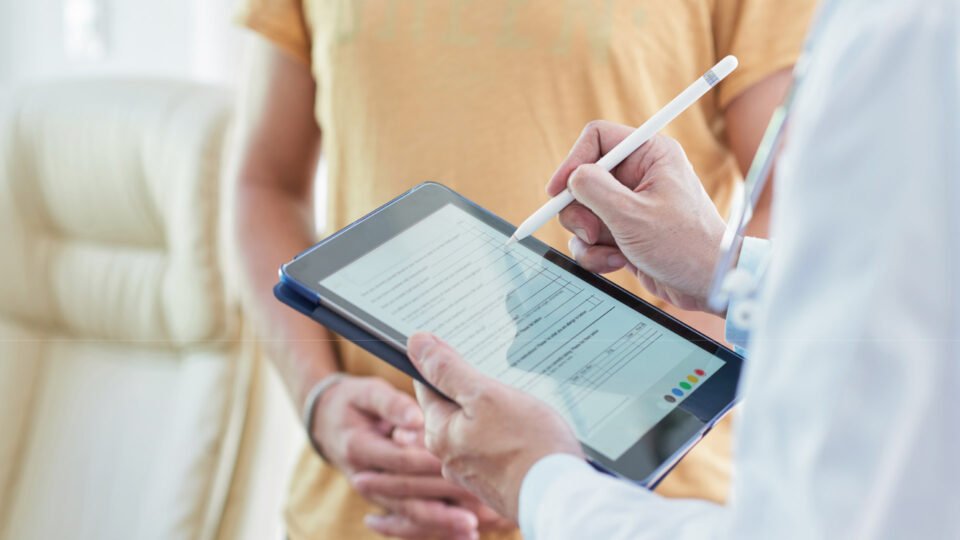AlloHome Alerts Healthcare Provider of Adverse Events to Drive Earlier Interventions
The Transplant Company™ focused on the discovery, development, and commercialization of clinically differentiated, high-value healthcare solutions for transplant patients and caregivers – today announced the availability of AlloHome™, a pan-organ patient monitoring solution that extends care into a patient’s home by capturing a range of vital health data that can help doctors with the early identification of adverse clinical events and the ability to make preemptive measures to avoid complications pre- and post-transplantation.
“CareDx is committed to driving forward innovative digital health solutions to support patients at all stages of their transplant journey and we are especially proud to deliver this new, convenient patient monitoring offering to augment their care,” said Reg Seeto, CareDx CEO and President. “AlloHome offers personalized, real-time monitoring to ensure that all patients, including those in underserved communities who may have difficulty accessing healthcare, receive the high-quality continuous oversight and care that their condition requires.”
Through AlloHome’s seamless connection to biometric devices, patients can capture their own vital sign readings at home. Through a fully integrated system, biometric results collected with the AlloHome devices will seamlessly flow into the AlloCare app without manual entry. Readings of real-time data are transmitted to trained CareDx transplant professionals who can escalate potential concerns to the patient’s doctor in a timely manner. Regular monitoring of critical patient health data through AlloHome improves continuity of care, enables the opportunity for earlier interventions, helps prevent readmission, and improves patient engagement at every step along the transplant journey.
“A big concern for me is that I often don’t know what is happening with my transplant patients until they return to the clinic or are in the emergency room presenting with an issue. Receiving a notification when my patient is showing signs of a potential problem with AlloHome remote monitoring will be extremely beneficial in driving earlier interventions,” said Matthew Mulloy, MD, Surgical Director of Abdominal Transplant Surgery, Medical City Dallas Hospital. “Additionally, access to real-time data of patient vitals helps me see a more complete picture, like watching a movie in high-definition video, in order to make more informed and timely decisions regarding my patient’s care to improve outcomes and reduce the incidence of serious complications and hospital readmission.”
Hospital readmission for patients after receiving an organ transplant is a concern for clinicians. Studies estimate that thirty two percent of patients who receive a kidney transplant,1 nineteen percent who receive a heart transplant2 and thirty to forty-five percent who receive a lung transplant3 required readmission to the hospital within thirty days after transplantation.The ninety-day hospital readmission rates for patients after transplant surgery are as high as thirty percent for certain organ types.4,5 Long-term graft loss at five years is estimated to be twenty percent or higher across organ transplant types.6-9 Hospital readmissions reflect a significant downturn in a patient’s health and earlier interventions enabled through personalized patient monitoring have the potential to reduce the incidence.
Visit AITechPark for cutting-edge Tech Trends around AI, ML, Cybersecurity, along with AITech News, and timely updates from industry professionals!

